8 frequently Asked Questions About IVF
frequently Asked Questions About IVF
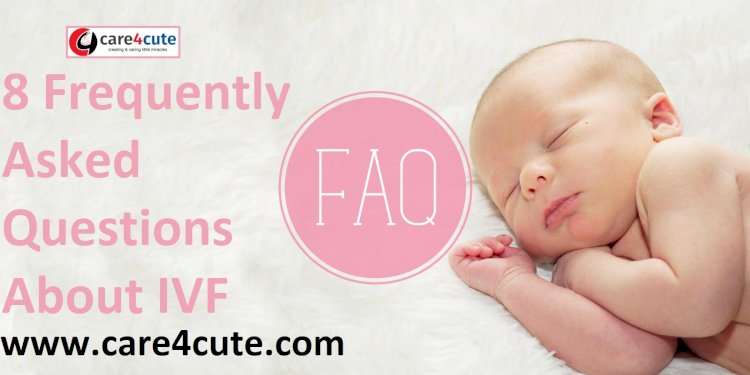
IVF that stands for “Vitro Fertilization” is a medical procedure or you can say a solution that assists couples in having their own baby who really faces difficulty to conceive because of infertility related problems. Now, it is for sure that most of the people are wondering that – is IVF right for you or not?
What exactly is IVF?
It is the most common type of assisted reproductive technology (ART) that is used to create an embryo by circumventing certain reasons for infertility that include mild sperm abnormalities in men or ovulation irregularity in women.
During the IVF process, a woman’s eggs are surgically retrieved and mix with the male partner (or donor’s) sperm that is fertilized in a laboratory. In two to five days the fertilized egg or embryo will grow that will again surgically transferred back into the woman’s womb.
How long should I wait before consulting a fertility doctor?
In general, the couple should wait for one year of trying to get pregnant and after that, they should consult a fertility doctor regarding their problem. Roughly ninety percent of fertile couples become pregnant after one year of trying to conceive.
Am I a candidate for IVF?
Well, there are several reasons that a couple is facing an infertility problem and there are various factors involved in determining if a patient is suitable for IVF treatment. Below are the reasons generally couples face while conceiving.
- Low sperm counts
- Endometriosis
- Problems with the uterus or fallopian tubes
- Ovulation disorders
- Sperm unable to penetrate or survive in the cervical mucus
- Other health or unexplained reproductive issues
The best way to know that vitro fertilization is right for you or not is to undergo a comprehensive medical examination or consult any fertility expert regarding the problem.
Are there any restrictions while undergoing IVF?
Yes, off course! The patients must follow the suggestions shared by your IVF doctor during the IVF process and into your pregnancy. Follow are the general restrictions that the patients should follow during the IVF process.
- Avoid smoking
- A big no to drinking alcohol
- Avoid the suggested type of medications
- Avoid vigorous exercise
- Prohibition of herbal supplements.
What happens if I become pregnant?
Once a pregnancy is confirmed, you will have to regularly visit your fertility doctor for blood testing and sometime for an ultrasound to confirm that the pregnancy is progressing smoothly.
If I’m not pregnant, when can we try again?
Generally, the patients are asked to wait for one or two full menstrual cycles before restarting another IVF cycle.
Will IVF procedure increase my chances of having twins or triplets?
This is a very general question that is asked by most of the couples considering IVF treatment and the correct answer depends on the numerous factors. You and your fertility doctor will decide the number of embryos to be implanted into your uterus.
Are there any side effects associated with IVF?
Below is the most common side effects caused by intake of fertility medication
- Mood swings
- Headache
- Hot flashes
- Abdominal pain
- Bloating
In very rear case, intake of fertility medication may induce ovarian hyper-stimulation syndrome (OHSS) that can generate more severe symptoms that include:-
- Nausea or vomiting
- Shortness of breath
- Decreased urinary frequency
- Feeling faint
- Considerable weight gain within three to five days
- Severe stomach pain and bloating
Potential side effects after IVF treatment may include:
- Passing a tiny small amount of clear or blood-colored fluid after the procedure
- Mild bloating
- Mild cramping
- Breast tenderness
- Constipation
So, IVF technique is a ray of hope for those couples who failed to conceived and willing to have their own baby.








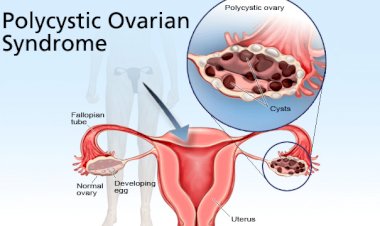

















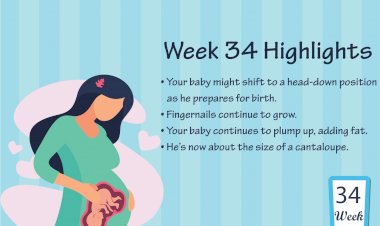





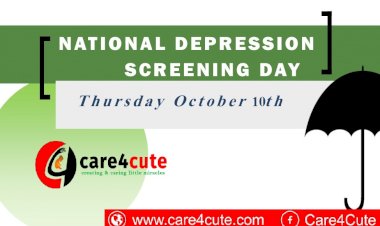
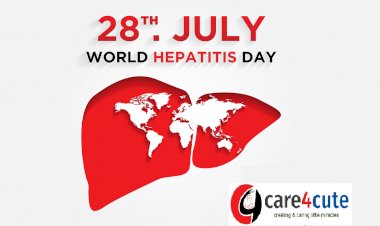

Comments (0)